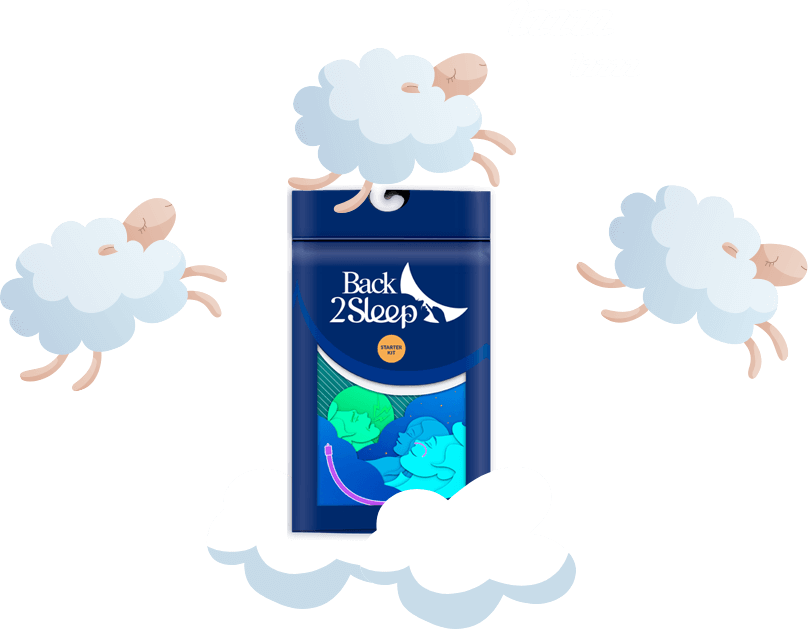A nasal polyp is therefore located on the mucosa of the nose. This nasal polyp is often the consequence of sinusitis. It can be small but also more substantial and therefore become very annoying. This therefore makes it impossible to breathe through the nose. Snoring, headaches and a nasal voice are the main symptoms of a nasal polyp.
Nasal polyps affect 4% of the population. Different risk factors can favor it. This is the case with allergic rhinitis, an allergy to certain drugs or a malignant tumor. The symptoms of nasal polyps are numerous and often very bothersome for the patient. Also, many drug treatments or natural exist to treat it. It is also possible to have surgery.
Nasal polyp: The causes
The nasal polyp can be defined as a proliferation of the nasal mucosa that covers the wall of the sinuses. These small tumors have the particularity of being often bilateral. They are relatively frequent and benign. The patient may present at any age, but there is nevertheless a prevalence between 30 and 40 years. What are the causes of the appearance of a nasal polyp? Are there any risk factors?
It is accepted that the nasal polyp is a form of chronic sinusitis. The sinusitisis an inflammation of the mucous membranes covering the sinuses. This inflammation is generally caused by a viral or bacterial infection. It is difficult to determine the exact causes of the nasal polyp. Despite everything, the scientific literature has identified a certain number of risk factors.

Risk factors for nasal polyps are numerous and greatly favor its development. The first ones include asthma and allergies. When the doctor performs the clinical examination, it will find out if the patient suffers from allergies or asthma. Indeed, 80% asthmatics present ENT manifestations (loss of smell, sneezing, polyps). 25% of nasal polyposis occurs as part of a disease called WIDAL SYNDROME< /a>. This syndrome associates asthma and polyps.
Other risk factor, particular sensitivity to certain drugs (Aspirin or ibuprofen.Finally, it is regularly argued that the consumption of tobacco promotes the development of nasal polyps.
Nasal polyp: Symptoms
The main symptoms of a nasal polyp are very similar to the symptoms of a cold. Indeed, the patient will experience a loss of smell and will suffer stuffy nose and runny nose. These similarities often mislead patients. Yet the Polyp is not a cold and its diagnosis must be made by an ENT.
The story of these symptoms will allow the ENT to make a diagnosis and a fibroscopy will confirm the latter. The realization of this examination can be unpleasant for the patient, therefore a general anesthesia will be proposed.

Other symptoms less characteristic but equally bothersome can be associated with the nasal polyp. Headaches or more commonly called headaches also occur in the presence of a polyp.
Various infections can be indicators of a nasal polyp. Nizzling when speaking or localized pain in the face are examples.
Nasal polyp and snoring
One of the symptoms of the nasal polyp deserves more attention, it is snoring. The nasal polyp disturbs breathing through the nose .The patient struggles to breathe properly and will naturally breathe through the mouth and position himself on his back. The position on his back causes strong snoring.
Snoring is disabling and seriously disrupts the quality of life of the snorer and his partner. On the one hand because it disrupts the cycle sleep and on the other hand because, these patients will encounter during the day disorders such as drowsiness, irritability or great fatigue.

Different treatments exist to overcome this symptom. Natural treatments based on essential oils are used to decongest patients.
A number of paramedical accessories exist to fight snoring. These include anti-snoring rings, anti-snoring pillows or strips.
Back2Sleep is a very discreet intra-nasal stent which adapts perfectly to the morphology of the patient. It puts an end to snoring and the patient recovers restful sleep.

Nasal polyp: Treatments and operations
The treatment of the nasal polyp will depend on its size. Small polyps can be treated fairly easily without resorting to surgery. On the other hand, large polyps will require intervention . Note that a polyp can measure a few millimeters and reach up to 1 centimeter.
How to treat small polyps? The most common treatment is long-term local corticosteroid therapy with oral corticosteroid treatments in between. In case of superinfection, antibiotic therapy will be implemented. p>
It is also possible to have recourse to a homeopathic treatment in the face of the first symptoms of the nasal polyp. The patient can take following treatment: Sanguinarina nitrica 5 CH. It is advisable, if the treatment does not relieve the symptoms, to consult a doctor.

Several procedures can be performed for the removal of the nasal polyp.Polypectomy, which is performed under anesthesia, uses an endoscope to excision of the polyp by laser and microdebrider. The surgeon can also make the decision enlarge the openings to the sinuses.

- Choosing a selection results in a full page refresh.
- Opens in a new window.







